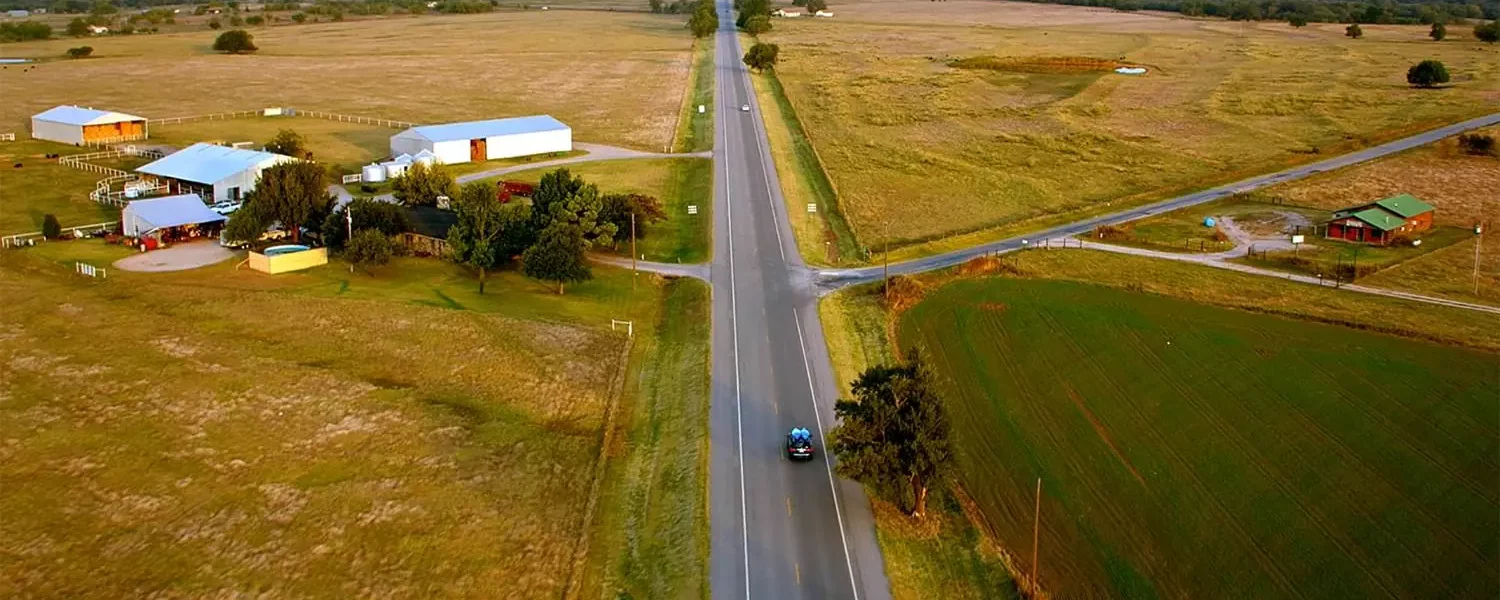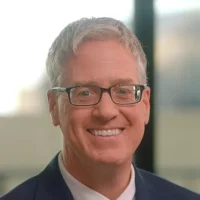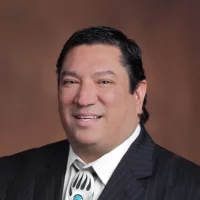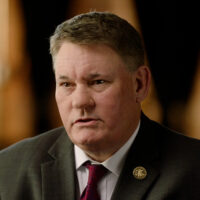Growing the Small Towns
Tribes are a critical partner in providing jobs, opportunities and stability. They are dedicated to growing and maintaining rural businesses and communities across the state.
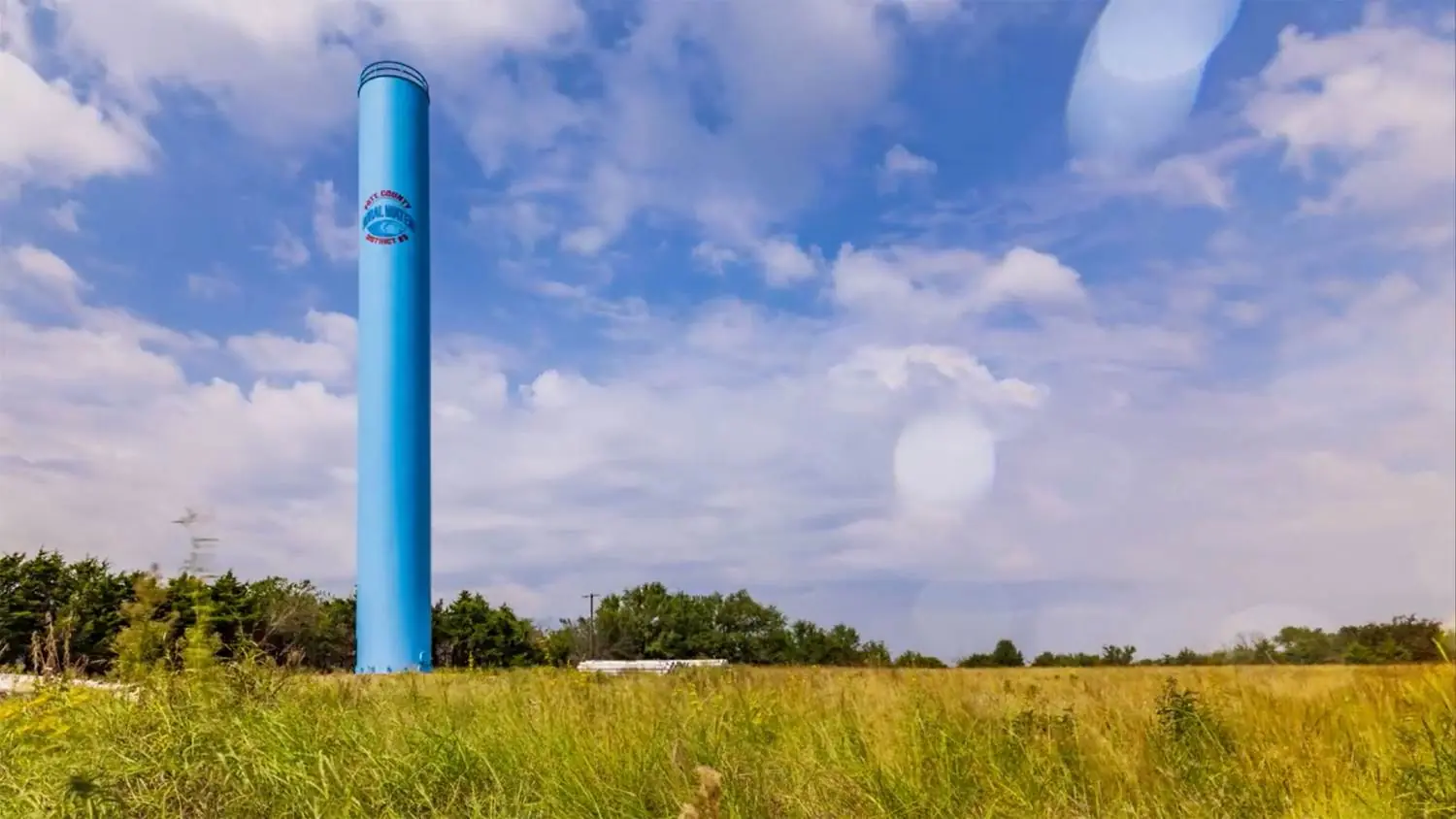
A Rural Water Supplier
One local tribe supplies water to all of the residences and businesses in its county.
Learn MoreAlmost all of the 39 tribal nations in Oklahoma are based in rural areas. Because these communities are the tribe’s permanent home, they will never leave rural Oklahoma and thus are uniquely invested in the prosperity of these communities. This differs from corporate America, who freely move companies from region to region.
The Chickasaw Nation doesn’t just want people in their Nation to be successful. They recognize that if southern Oklahoma is successful, everybody does better. So they’ve invested in that way.
Dr. Tim Faltyn
President,
Murray State College
“We are a community on the rise,” declares Kyle Eastwood, Mayor of Anadarko. As the video above illustrates, the city is growing thanks to the millions of dollars of tribal investment in the area — funds that have transformed empty storefronts into opportunities and jobs. “I can’t even image what it would be like if we didn’t have the tribes here,” notes David Scott, former executive director of the city’s Chamber of Commerce. “If the tribes succeed, then everybody succeeds.”
Sixty percent of the dollars tribes spend are being spent in rural Oklahoma.
Stephen Greetham
Greetham Law
P.L.L.C.
We want to make a difference. We want to impact the smaller towns and the smaller cities in rural Oklahoma. Many times the question is asked, who cares? We answer the question, we care. The tribal nations care.
Reggie Wassana
Governor
Cheyenne & Arapaho Tribes
The Chickasaw Nation can’t do it alone and the communities can’t do it alone. But a focused partnership together allows us to thrive and grow together.
Kris Patton
Director of Natural Resources
Chickasaw Nation
It’s such an exciting time in Oklahoma for water and wastewater infrastructure. It’s tribal government involved, the state government involved, the federal government involved—and that is the collaboration model that has been so successful for our communities.
Duane Smith
Executive Director, Oka’ Water Institute
East Central University
Featured News
Indian Gaming
July 17, 2024
Native News Online
July 9, 2024







